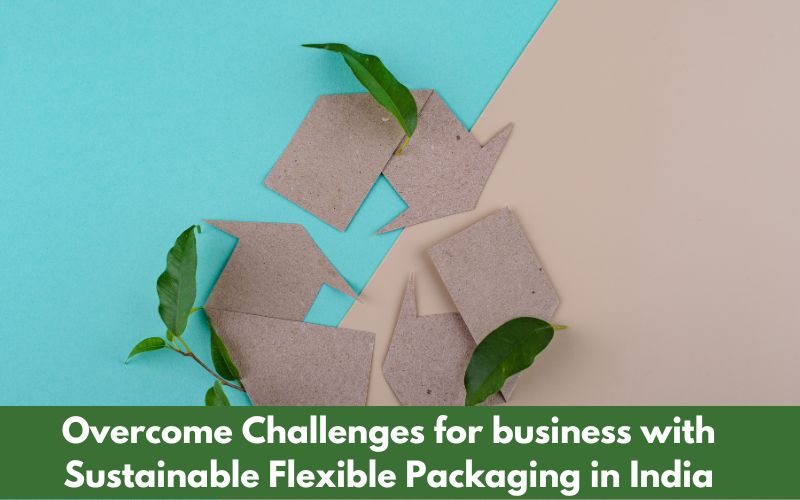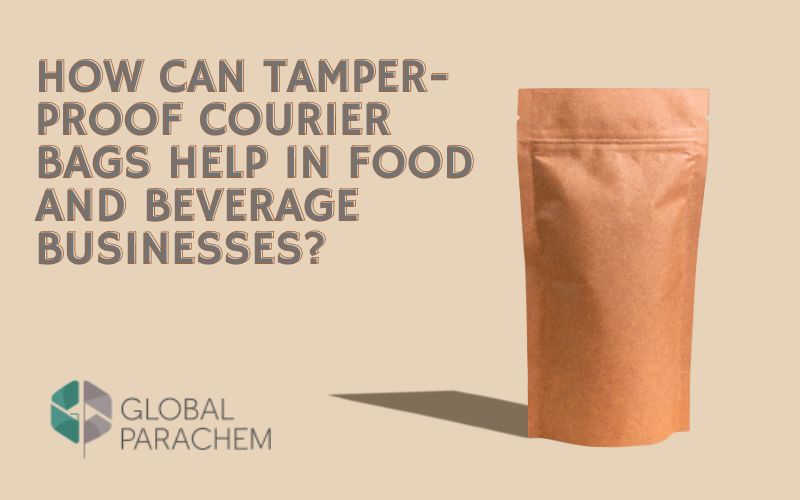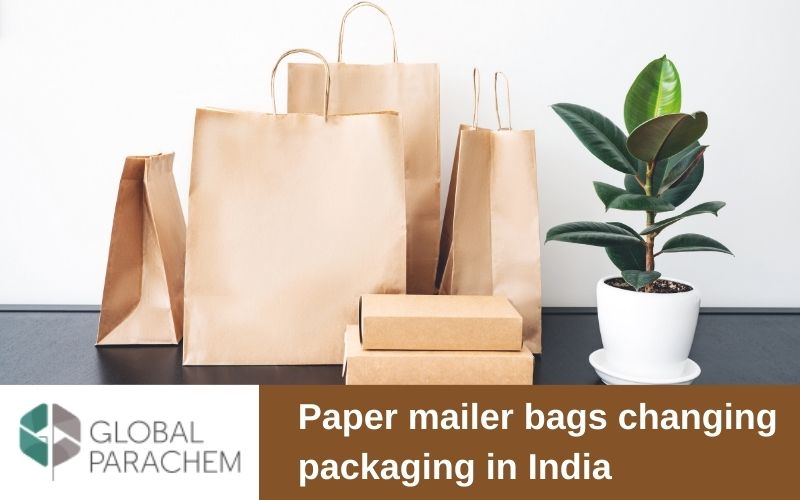
As the world becomes increasingly aware of the environmental impact of traditional packaging, businesses are adapting sustainable packaging and flexible packaging solutions at a every high pace. This offer numerous benefits, such as reduced carbon footprint and improved consumer perception. However, like any innovation, they come with their own set of challenges to businesses.
In this article, we will explore the problems faced by businesses when adopting sustainable packaging products in India and flexible packaging products in Delhi and discuss strategies to overcome them ensuring a successful transition towards sustainable flexible packaging products for businesses in India.
Cost of Sustainable Packaging products
Businesses adopting sustainable packaging and flexible packaging face sudden cost implications. Sustainable packaging materials are expensive in comparison to traditional options, leading to increased production costs. Additionally, investing in new machinery and technologies to accommodate flexible packaging is also financially burdensome, especially for small and medium-sized enterprises in India (SMEs)
To overcome this, businesses need to explore proper strategies. They must collaborate with suppliers and manufacturers to negotiate over pricing for packaging materials and identify cost-effective alternatives without compromising on quality. Investing in research and development is helpful to create innovative solutions that reduce material costs while maintaining green packaging standards but its not practically possible for SMEs.
Moreover, governments and organizations provide grants, subsidies, or tax incentives for businesses adopting sustainable packaging products and supplies, making it financially viable in the long run.
Limited Packaging Products in India
Sustainable packaging and flexible packaging offer a limited range of available options. Unlike traditional packaging, which has a wide variety of shapes, sizes, and materials, sustainable packaging and flexible packaging products have their own restrictions. This limitation becomes a challenge for businesses, particularly those operating in industries where specific customized packaging requirements are necessary.
Packaging manufacturers and designers require to develop cost-effective customized solutions that align with brand and product requirements. Additionally, businesses have to create awareness and educate consumers about the benefits of sustainable packaging, gradually changing their preferences and acceptance of alternative packaging formats.
Packaging Durability and Protection
Ensuring the durability and protection of products is essential for businesses. Not all sustainable packaging products provide the same level of protection as traditional materials, increasing the risk of product damage during transportation or storage. Likewise, flexible packaging, while being lightweight and convenient, these materials don’t always offer the necessary level of rigidity and structural integrity required for certain products.
To overcome this businesses should explore innovative design techniques and incorporate additional protective measures, such as inserts or padding, to enhance product safety.
Consumer Perception and Education
While sustainable packaging and flexible packaging are gaining popularity, some consumers may still have reservations or misconceptions about these alternatives. Businesses face the challenge of educating consumers about the benefits of sustainable packaging, dispelling any concerns they may have regarding product safety, durability, or environmental impact.
Sellers have to prioritize transparent communication with consumers. Clearly highlighting the eco-friendly features of the packaging, such as recyclability or reduced carbon footprint, help build trust and positively influence consumer perception. Brands leverage digital marketing channels, social media platforms, and product labeling to educate consumers about the sustainability initiatives they are undertaking. Collaborating with influencers or environmental organizations also amplify these messages and increase consumer acceptance and appreciation of sustainable and flexible packaging solutions.
Material Sourcing and Supply Chain
The availability and accessibility of these materials may vary depending on geographical location and market demand. Implementing sustainable packaging solutions require businesses to collaborate closely with suppliers, manufacturers, and logistics partners. Ensuring seamless integration across the supply chain can be a challenge, particularly for businesses with complex and extensive distribution networks.
Conclusion
Businesses face discussed challenges and solutions associated with adopting sustainable packaging and flexible packaging products. As a business, You can also buy flexible packaging products in Delhi and buy sustainable packaging products in Delhi at a cost-effective price with Global Parachem.




Leave a comment